‘Chess is a constant struggle between my desire not to lose and my desire not to think.’ I’m fond of that wry insight, neatly expressed by German grandmaster Jan Gustafsson. For a select few, such as the late, irrepressible Viktor Korchnoi, the desire not to lose burns through life like the Olympic flame. For the rest of us, only youthful naivety makes it easy to summon maximal mental effort. Thereafter, the struggle is perennial, like a pile of dirty plates in the sink; sometimes you can’t bring yourself to care. But letting this notion occur to you too early in life is a career-limiting move for a chess-player.
Upon reaching the final of the World Cup, Teimour Radjabov spoke frankly, reflecting on the tension endured by the players. ‘It’s part of the professional life so, I mean, either you are here and you play or you just don’t play chess… which was the kind of thing I am considering for the last ten years!’ Having resolved to show up, Radjabov admitted his temptation to gamble desperately in his matches just to hasten their conclusion, come what may.
The grandmaster from Azerbaijan made his mark as a teenager, when his courageous play once bamboozled Garry Kasparov. His best games sparkle with that same counter-attacking spirit. Seven years ago, Radjabov peaked at no. 4 in the world, but after that his results took a dive. Now 32 years old and back in the top ten, his play bears the confidence of one who knows his own limitations. I don’t know how Radjabov girded himself psychologically, but perhaps the format of the World Cup brought out the best in him. In a knockout, drawn games merely postpone the reckoning, so there is no ducking a challenge. He won the final convincingly against the favourite, China’s Ding Liren, ranked third in the world. Earlier in the event, he decided his match against his fellow Azeri and top ten player, Shakhriyar Mamedyarov, with this dramatic tiebreak game.
Mamedyarov–Radjabov
Fide World Cup, Khanty-Mansiysk, September 2019
35 Nxf7!? An imaginative stroke from Radjabov’s compatriot. 35 … Kxf7 36 f5 Bf6 A natural defence, shielding the king on the f-file. 36 … gxf5 37 Rxf5+ Kg8 38 Bd5+! would win the house. 37 fxg6+ Kg7 38 gxh7? A crucial error: the subtle 38 h6+! was called for, to expose Black’s king further before the capture on h7. 38 … Qg3! Beginning a series of decisive counter-blows. 39 Rf3 Qh4+ 40 Rh3 Rxe4! This queen sacrifice decides the game. 41 Rf1 Rb3 42 Rxh4 Rxh4+ 43 Kg1 Bxd4+ 44 Rf2 Rb2 0–1
Reaching the final earned him a coveted spot in the 2020 Candidates tournament in Yekaterinburg, Russia. The winner of that will challenge for the World Championship. Radjabov was coy about the prospect. He wasn’t sure whether he would play, but ‘to get the invitation for a nice party is always good!’ I recall just one injunction, about seizing opportunities, from The Black Swan, Nassim Taleb’s 2007 pop-iconoclast work: ‘Go to parties!’
Got something to add? Join the discussion and comment below.
Get 10 issues for just $10
Subscribe to The Spectator Australia today for the next 10 magazine issues, plus full online access, for just $10.
You might disagree with half of it, but you’ll enjoy reading all of it. Try your first month for free, then just $2 a week for the remainder of your first year.

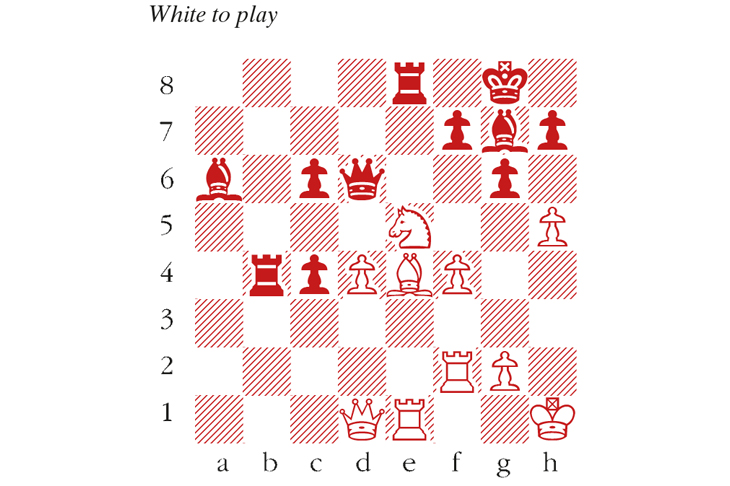
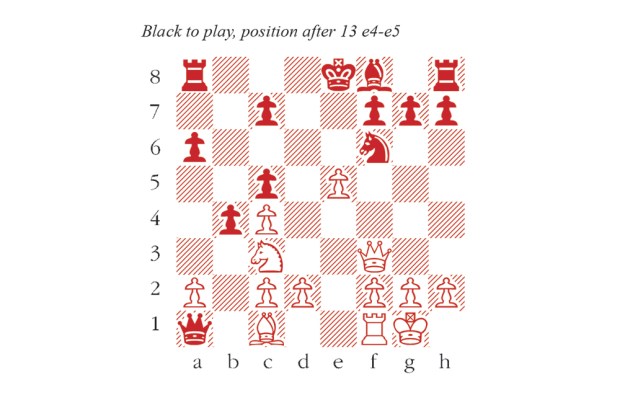
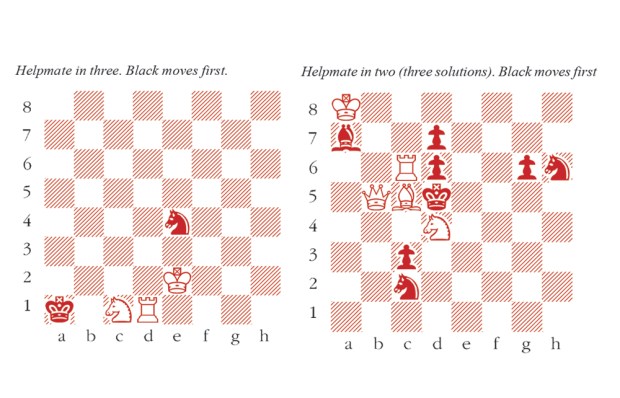
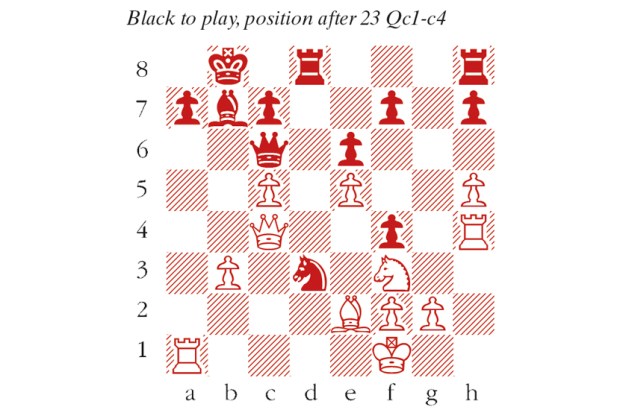
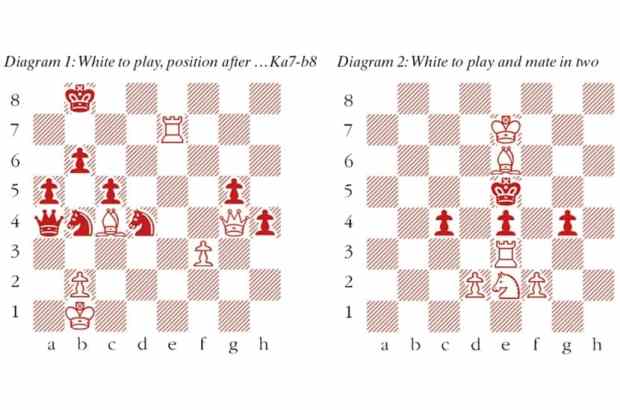
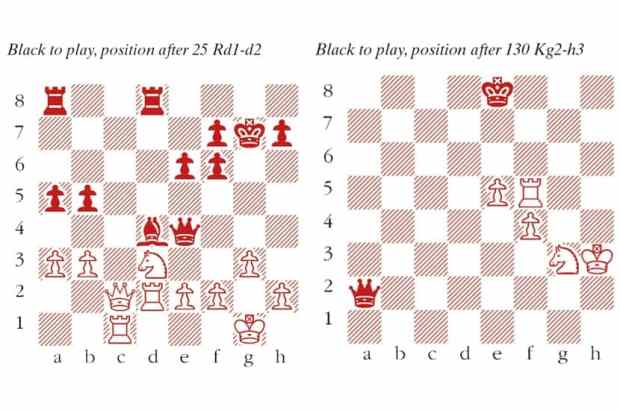
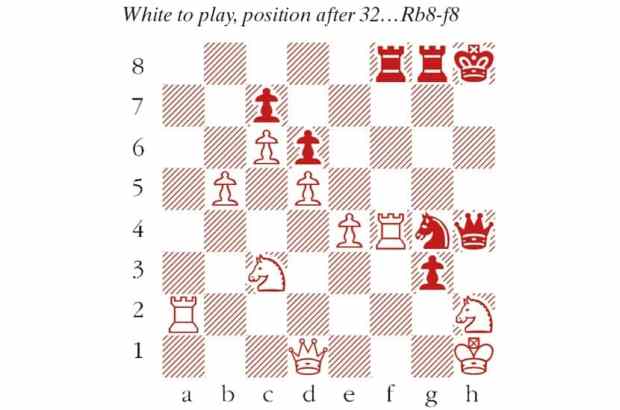






Comments
Don't miss out
Join the conversation with other Spectator Australia readers. Subscribe to leave a comment.
SUBSCRIBEAlready a subscriber? Log in